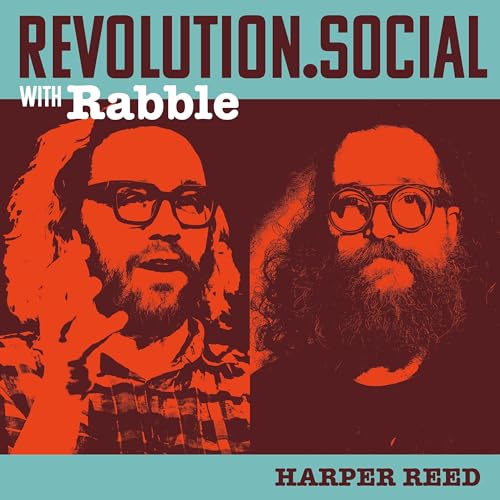Adam Aleksic, known to his social media followers as the “Etymology Nerd,” has built a massive audience by decoding the origins of words, accents, and memes. In his new book Algospeak: How Social Media is Transforming the Future of Language, he talks about the ways our social media algorithms have accelerated the “context collapse” that changes the words we use. “You perceive this creator using a word like, I dunno, rizz, ate, slay, served,” Adam says. “These are all from the ballroom scene in the 1980s, this gay, Black, Latino space. But these words are now just being used by white girls. It's because you see this being used by somebody online … It's on your For You page. It feels like it's personalized.” Today on Revolution.Social, Adam and Rabble talk about the rise of words like “unalive” and “lowkey,” the shift away from human gatekeepers, and why the popularity of video and podcasts threatens the cultural power of writing. They also discuss the dangers of banning cell phones in schools and how social media algorithms can encourage racist AI slop. Read Algospeak: How Social Media is Transforming the Future of Language Follow Rabble: YouTube Bluesky This episode was produced and edited by Eric Johnson from LightningPod.fm, and executive produced by Alice Chan from Flock Marketing. To learn more about Rabble’s social media bill of rights, and sign up for our newsletter, visit https://revolution.social/
続きを読む
一部表示
 1 時間 23 分
1 時間 23 分 55 分
55 分 2025/10/231 時間 7 分
2025/10/231 時間 7 分 2025/10/161 時間 13 分
2025/10/161 時間 13 分 2025/10/0958 分
2025/10/0958 分 59 分
59 分 1 時間 5 分
1 時間 5 分 1 時間 15 分
1 時間 15 分
